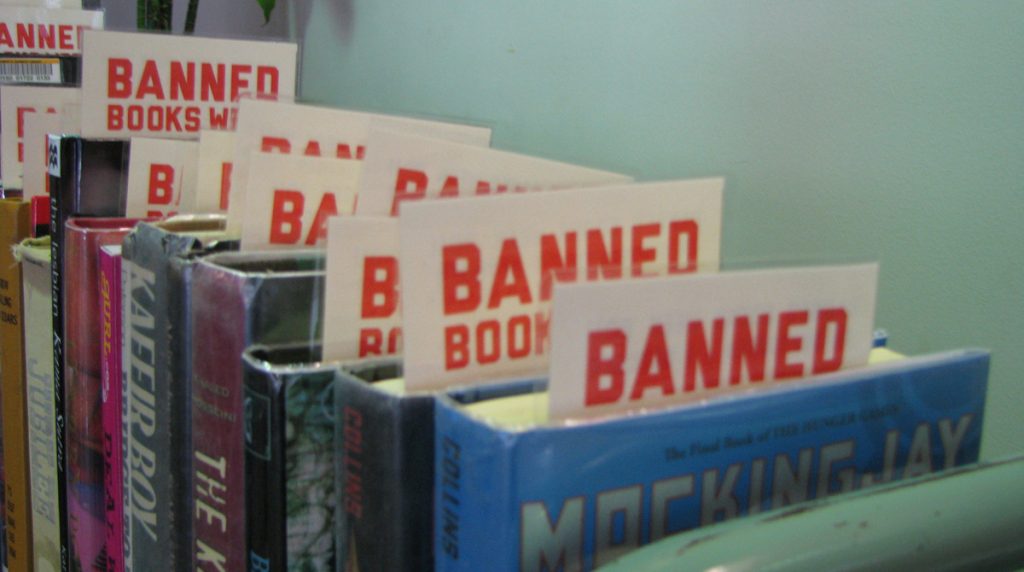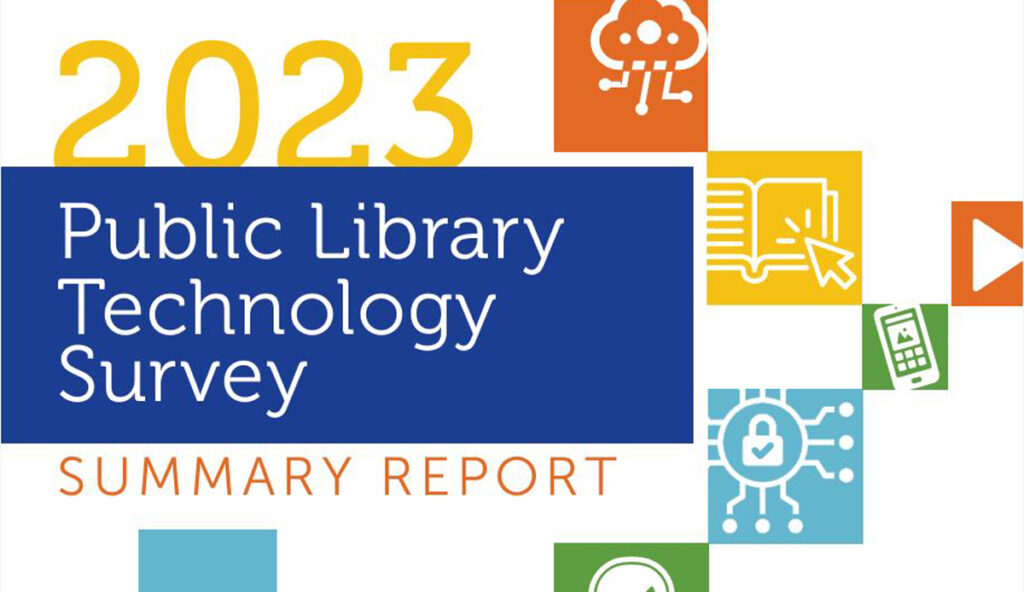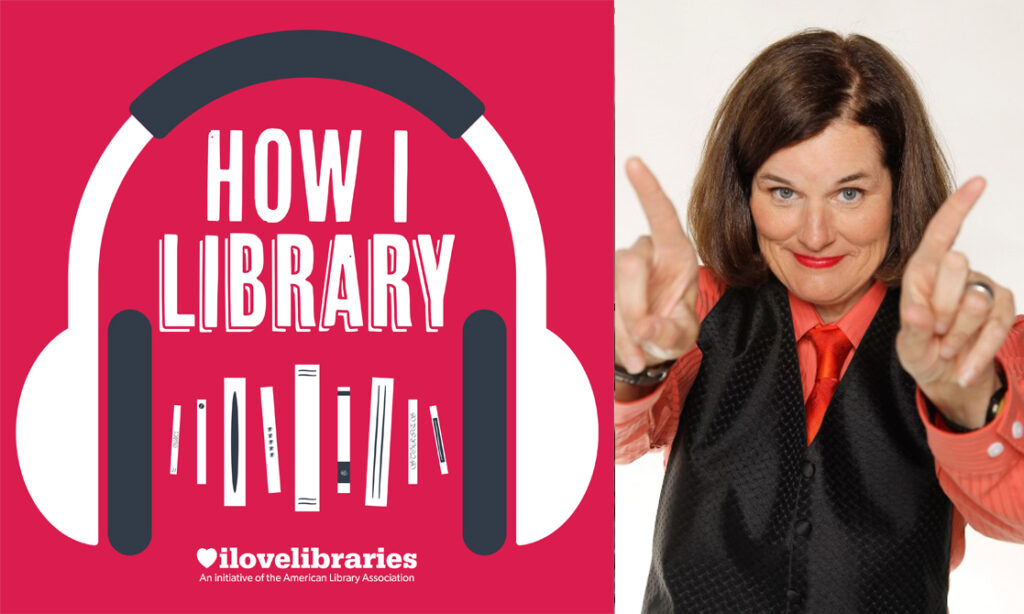“Deeply disturbing and downright Orwellian.”
Senate Majority Leader Chuck Schumer (D-N.Y.) didn’t mince words when discussing the recent wave of book banning and book challenges that is erupting in schools and libraries across the US. Speaking from the Senate floor on Wednesday, Schumer denounced the efforts as “patently un-American.”
“We don’t need to look that far into history to see what happens when we go down the dangerous road of censorship and suppression, when free expression is weakened―the mob is empowered,” Schumer said. “The groundwork is laid for further discrimination, intimidation, and God forbid, increased violence.”
Schumer said the censored literature—which includes Art Spiegelman’s Maus, Toni Morrison’s The Bluest Eye, as well as Drama by Raina Telgemeier, Ground Zero: A Novel of 9/11 by Alan Gratz, Stamped: Racism, Antiracism, and You by Jason Reynolds and Ibram X. Kendi, and many others—is “vital” to society because it can “expand people’s understanding of the world around us.”
Growing voices
Schumer’s condemnation joins pronouncements from other luminaries, who’ve used their prominence and platforms recently to speak out against book censorship.
Stand By Me and Star Trek: The Next Generation actor Wil Wheaton wrote on Facebook about the banning of Maus: “No one who has ever banned a book, in the history of the written word, has been remembered as one of the good guys. The only people who ban books are fascist authoritarians.”
Wheaton wrote that he would be purchasing copies of Maus from comic shops in McMinn County, Tennessee—where a local school board had the book removed from 8th-grade classrooms—with the intention of having the books given away for free at the stores to anyone who asks. He urged his Facebook followers to follow suit with their local comic shops and bookstores.
Viet Thanh Nguyen, author of The Sympathizer, which won the 2016 Carnegie Medal for Excellence in Fiction, described in a must-read essay in the New York Times on January 29 how a book about the Vietnam War that he found offensive and didn’t truly understand as a young reader spurned him to become a writer himself.
“Here’s what I didn’t do,” Nguyen wrote. “I didn’t complain to the library or petition the librarians to take the book [Larry Heinemann’s 1974 novel, Close Quarters] off the shelves. Nor did my parents. It didn’t cross my mind that we should ban Close Quarters or any of the many other books, movies, and TV shows in which racist and sexist depictions of Vietnamese and other Asian people appear.
“Instead, years later, I wrote my own novel about the same war, The Sympathizer.”
Nguyen continued: “Those seeking to ban books argue that these stories and ideas can be dangerous to young minds—like mine, I suppose, when I picked up Mr. Heinemann’s novel.
“Books can indeed be dangerous. Until Close Quarters, I believed stories had the power to save me. That novel taught me that stories also had the power to destroy me. I was driven to become a writer because of the complex power of stories. They are not inert tools of pedagogy. They are mind-changing, world-changing.
“But those who seek to ban books are wrong no matter how dangerous books can be. Books are inseparable from ideas, and this is really what is at stake: the struggle over what a child, a reader and a society are allowed to think, to know and to question. A book can open doors and show the possibility of new experiences, even new identities and futures.”
Nguyen concluded with: “Banning is an act of fear—the fear of dangerous and contagious ideas. The best, and perhaps most dangerous, books deliver these ideas in something just as troubling and infectious: a good story.”
Funnyman Bill Murray even waded into the conversation this week. Speaking to Yahoo Entertainment about New Worlds: The Cradle of Civilization—a documentary that captures the final performance in the 2018 New Worlds tour that found Murray traveling the world with a quartet of musicians performing music and literature readings—Murray was asked about controversies surrounding Mark Twain’s Huckleberry Finn. Since its 1884 publication, Twain’s classic has been banned multiple times for its depictions of 19th-century racism and language. Murray defended the book, which he read excerpts from during the New Worlds tour.
“Critics can and have been wrong from the beginning of time,” Murray said. “Opinions are like nostrils: Everybody has two.”
“I think that this particular segment of Huckleberry Finn is incredibly realistic and very honest," Murray said, referring to the selected passage from Twain's book that he read during the tour. (You can hear his full reading on the New Worlds album, but not in the film.) An excerpt from the 16th chapter, the portion finds Huck wrestling with whether to help the runaway enslaved person, Jim, escape to freedom.
“What you get is the reward of someone's humanity that supersedes public opinion,” Murray said. “The spirit and the decency of Huckleberry Finn comes out—the decency of a human being comes out in the face of possible death. Huckleberry Finn is a hero to me. He's many things, as we all are, and in that moment he's his best, his very best. God bless him.”
Are you frustrated by these attempts to censor books? There are steps you can take now to stand with libraries and protect the freedom to read. You can find them here.



